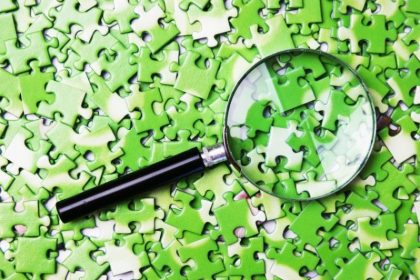In addition to personality assessments, there are a multitude of tools for assessing. Assessments cover everything from emotional intelligence, relationship intelligence, social intelligence, spiritual intelligence, and more, including areas such as leadership style, management style, learning style, etc.
Much like personality assessments, these other tools provide benefits and there are risks. Ultimately, in coaching the role of the coach is to explore with the client what they learn from the information, what they want to do with it, how they want to move forward, and what that means to them for the long term.
Does the coach administer the assessments? Some coaches wear multiple hats: coach, consultant, trainer, or HR Director are just a few of the possibilities. Administering the assessments falls in to one of the other roles. When a consultant, mental health professional, or certified administrator of an assessment has completed the assessment and results process, the coach role begins.
Coaching following an assessment is an opportunity for the client to shift their focus to what they want to change and their strategy for making it happen. In this way, rather than getting hung-up on the results, the client chooses proactivity and experiences positive growth.
Assessments are helpful tools used when providing services in roles related to coaching. Following the assessment and review of the results, the coach becomes the partner for the process of choosing desired change and working for results.



